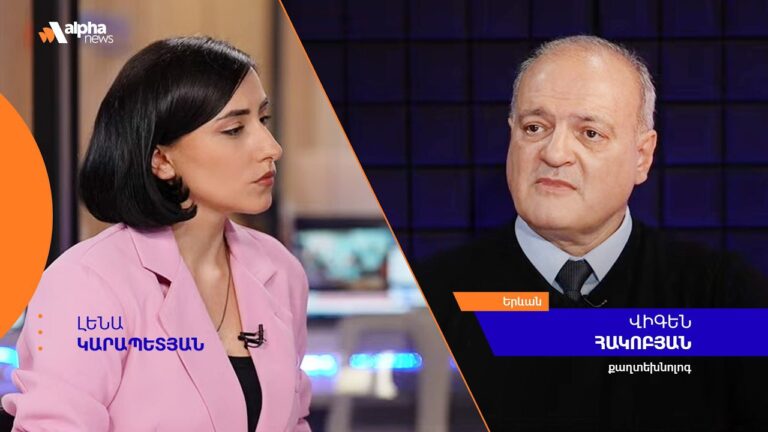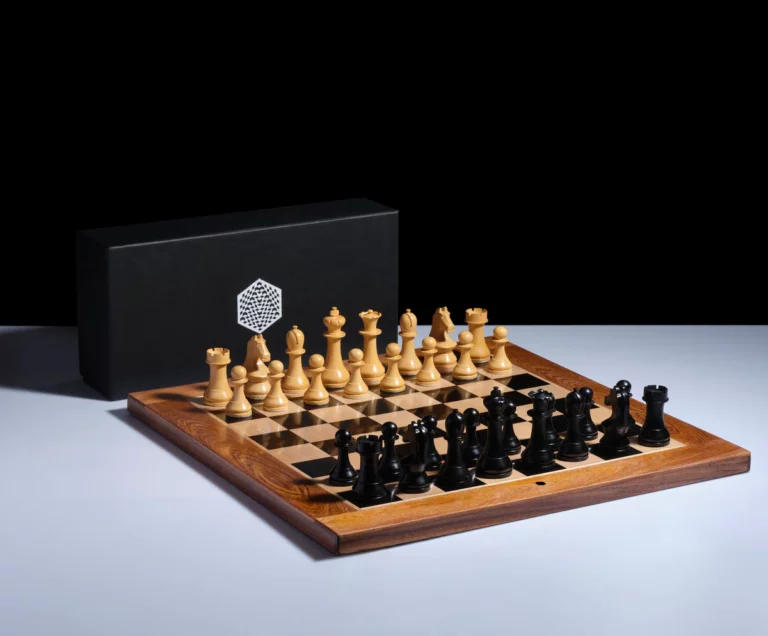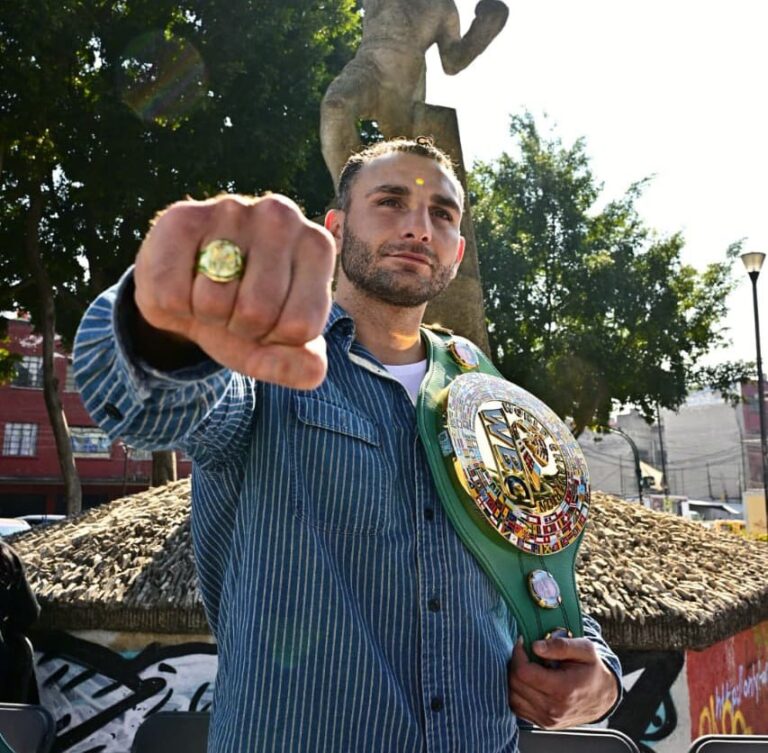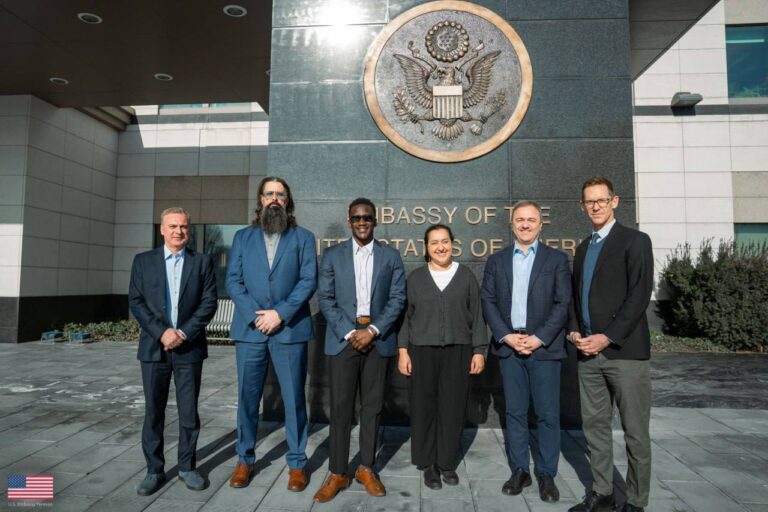October 30 2023, 23:00
Things Samvel Shahramanyan didn’t say
At the weekend, President of the Republic of Artsakh Samvel Shahramanyan gave an interview to Artsakh Public Television. This is the first interview of Shahramanyan not only after the September war and ethnic cleansing in Artsakh, but also the first interview of Shahramanyan as the elected president.
In his interview, Shahramanyan touched upon a wide range of issues, such as the circumstances of the blast at the fuel depot in Stepanakert, potential negotiations on the return of the residents of Artsakh to their homeland, and the details of the negotiations that were held with the Azerbaijani side on September 19 and 20.
The fifth President of Artsakh said that the beginning of Azerbaijan’s shelling was reported to Russian peacekeepers deployed near Shushi, and a few hours after the clashes began, it became clear that Nagorno-Karabakh was left alone.
Even left alone, 10 months after the blockade, the exhausted Artsakh took retaliatory actions, which made it possible to start negotiations with Baku.
Azerbaijan, in turn, due to the large number of losses among the armed forces, agreed to change the original text of the document that the Karabakh authorities were required to sign and that was supposed to cease the fire.
Shahramanyan told about all this on Artsakh Public Television, but there were a number of questions, the answers to which were never given.
1. For what reason did the Armenian authorities freeze 3.1 billion drams available in Karabakh budget accounts, and which would allow them to pay state employees from Artsakh their salaries and make other necessary payments at least until the end of 2023?
2. Who exactly was behind the organization of the “spontaneous protest” in front of the Artsakh Representative Office in Yerevan? This question should have been answered, especially after the fact that Shahramanyan himself did not deny that “specific persons could be behind these protests.”
3. Why were the residents of Artsakh with Armenian passports deprived of citizenship and given a different status that does not allow them to obtain refugee status outside Armenia?
4. What were the details of the only phone conversation between Samvel Shahramanyan and Nikol Pashinyan during the September war? How did Pashinyan explain that the Armenian army was not going to come to the aid of Artsakh, and based on what Pashinyan was sure that if the document on the surrender is not signed, the war will spread to the territory of Armenia?
Based on Shahramanyan’s words that “the former presidents of Artsakh were arrested by the Azerbaijani side for political reasons”, as well as on the fact that the fifth president of Artsakh refused to talk about his decree of September 28 “on the dissolution of the statehood”, it can be concluded that President Shahramanyan avoids this topic, believing that it will harm the presidents of Artsakh who are in Azerbaijani captivity.
The reality, however, is that regardless of Shahramanyan’s position, regardless of whether the decree of September 28 has legal force or not, Azerbaijan will try to use the Karabakh presidents for political purposes and will do so in its relations with Armenia. Aliyev intends to use the testimony that he will try to get from the former president of Artsakh in his policy and lawsuits against Armenia in international criminal institutions. Pashinyan may not understand it, which is unlikely, but still, but Samel Shahramanyan must understand it.
Shahramanyan has only one historical mission today: to prevent the destruction of the remnants of Karabakh statehood, and without appropriate statements and decisions under the decree of September 28, it will be impossible to do this. And the fact that this statehood will be destroyed was openly demonstrated on the day when a mob of protesters broke into the building of the Artsakh representative office.
As for Shahramanyan’s hope that he will be allowed to deal with the social problems of the Artsakh people, he is wrong here too: Pashinyan has “his favorites in the Karabakh elite,” and the management of the social assistance package of the Artsakh people will be entrusted to these people, even though these people have been caught in frauds with social support.
It is difficult to say what Samvel Shahramanyan is like as a statesman; however, if he does not become a politician, it will harm not only the “remnants of Artsakh’s statehood”, but it will also cost him his freedom, which is already openly threatened by “pro-government information dumps.”
It’s very simple: If you don’t do politics, politics will do it for you.







